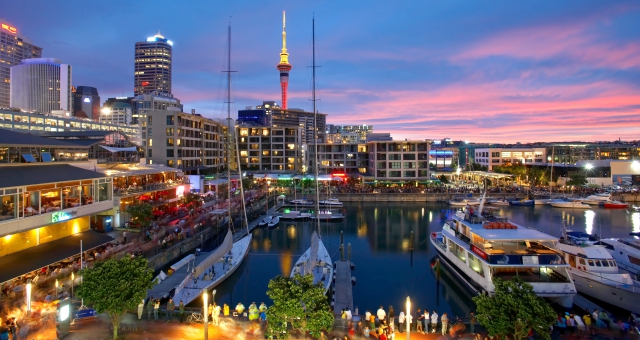Christophe Reuter, spokesperson for the Ministry of Mobility and Community Operates in Luxembourg—a smaller nation (pop. 639,000) which is now practically 3 decades into its free-fare policy—conveys equivalent sentiments. “In small, when it arrives to [transport] manner shift, high quality is key,” he claims. “If a poor cafe built its foods cost-free, it would not bring in prospects from other dining places, but only people who could not find the money for going to any restaurant at all.”
There is also the crucial query all-around funding. Mezghani clarifies that when fares may be ‘free’ for the person, “They have to be compensated in some way—whether that is by taxation, by the operator or network, by the city—the company should be funded.”
Authorities say that, finally, a lot more have to be done to properly transform automobile drivers to general public transit, like pairing free of charge fares with further laws that tends to make urban driving extra high-priced or challenging, by means of insurance policies like congestion pricing or greater prices and limitations around parking.
“I feel no solitary evaluate is going to be ample,” states Simms. “What we listen to from the local climate scientists is that we’re going to want to see swift and unparalleled improvements in all sectors and spots of our life and the economic system. But this [fare-free transit] is one particular enabling measure.”
For now, Luxembourg and Malta (pop. 517,000) are offering lesser-scale prototypes for what this kind of coverage enactment could possibly seem like in larger sized destinations.
Bigger European nations and metropolitan areas have begun experimenting with likewise motivated actions. Germany presented just about-free of charge countrywide vacation passes (at 9 euros for every thirty day period) over the summer, as it faces lawsuits stemming from its substantial stages of air air pollution. Austria launched an ongoing 3-euro-a-working day pass for countrywide transport last 12 months, although public officials in Paris have expressed ambitions of building citywide general public transportation no cost by 2026.
For travelers to Europe, the list of totally free-fare places now is really extended, such as highlights like Geneva Akureyri, Iceland Livigno, Italy and Dunkirk, France. There is a capture, on the other hand: Not all locations lengthen free of charge fares to travelers. In areas like Malta or the Estonian capital of Tallin, for instance, complimentary rides are readily available solely to people.
And it is not just European places that are between the much more than 100 metropolitan areas around the planet now offering some kind of absolutely free public transportation, with these kinds of initiatives popping up in pick out locales in the U.S., Australia, and past.
“The momentum is making powering it,” claims Simms, who cites that it’s partly out of requirement, as numerous nations try to satisfy their climate targets. As element of the E.U.’s Inexperienced Deal, for instance, the region is aiming for a 90 percent minimize in transportation-derived greenhouse fuel emissions by 2050.
“One of the simplest and a single of the largest wins that you can make is getting people out of electrical power-intense, polluting, room-getting private cars, and on to clean up, reliable, reasonably priced general public transport,” suggests Simms.


